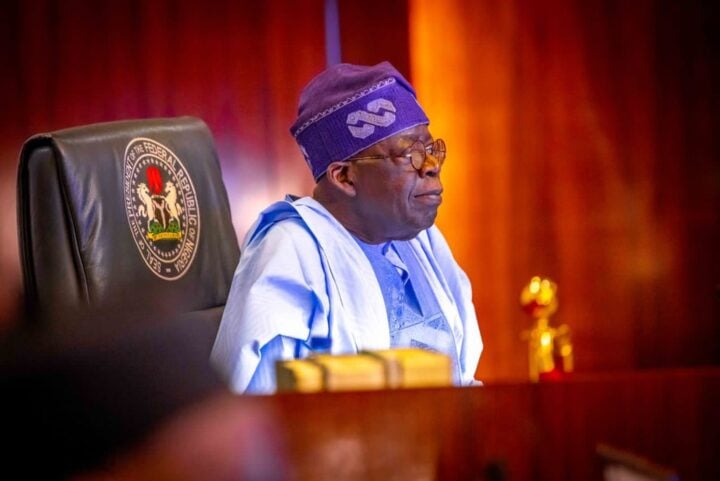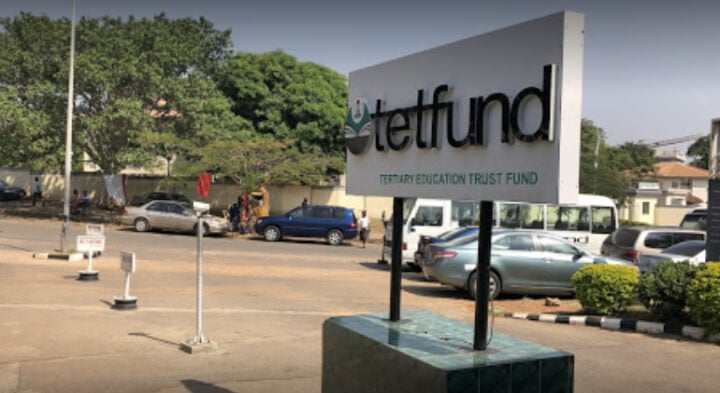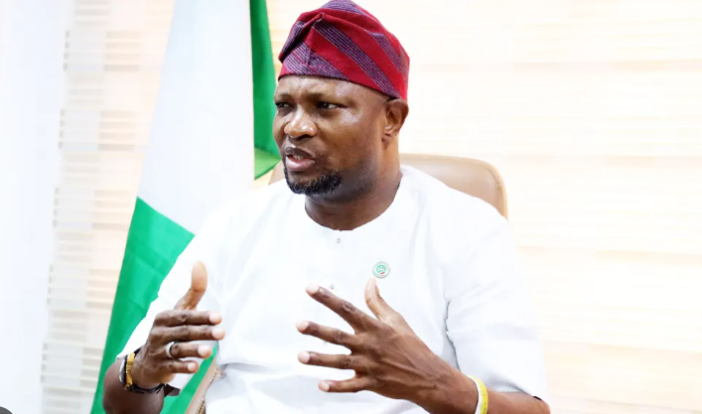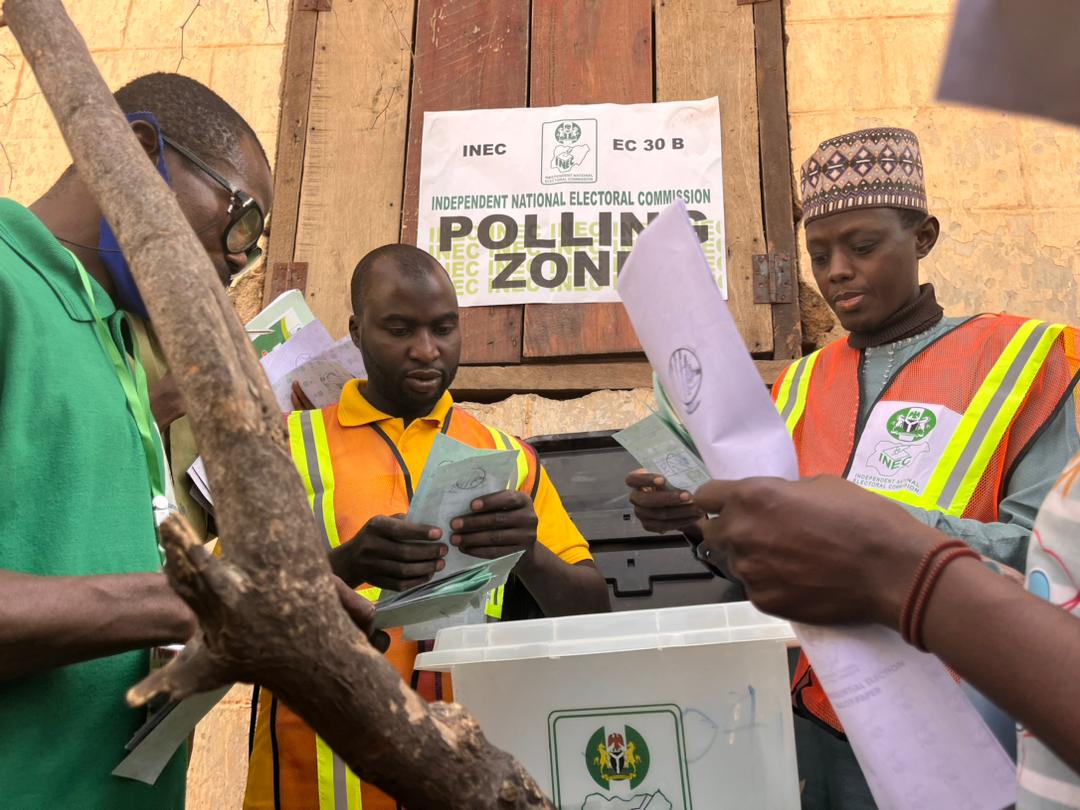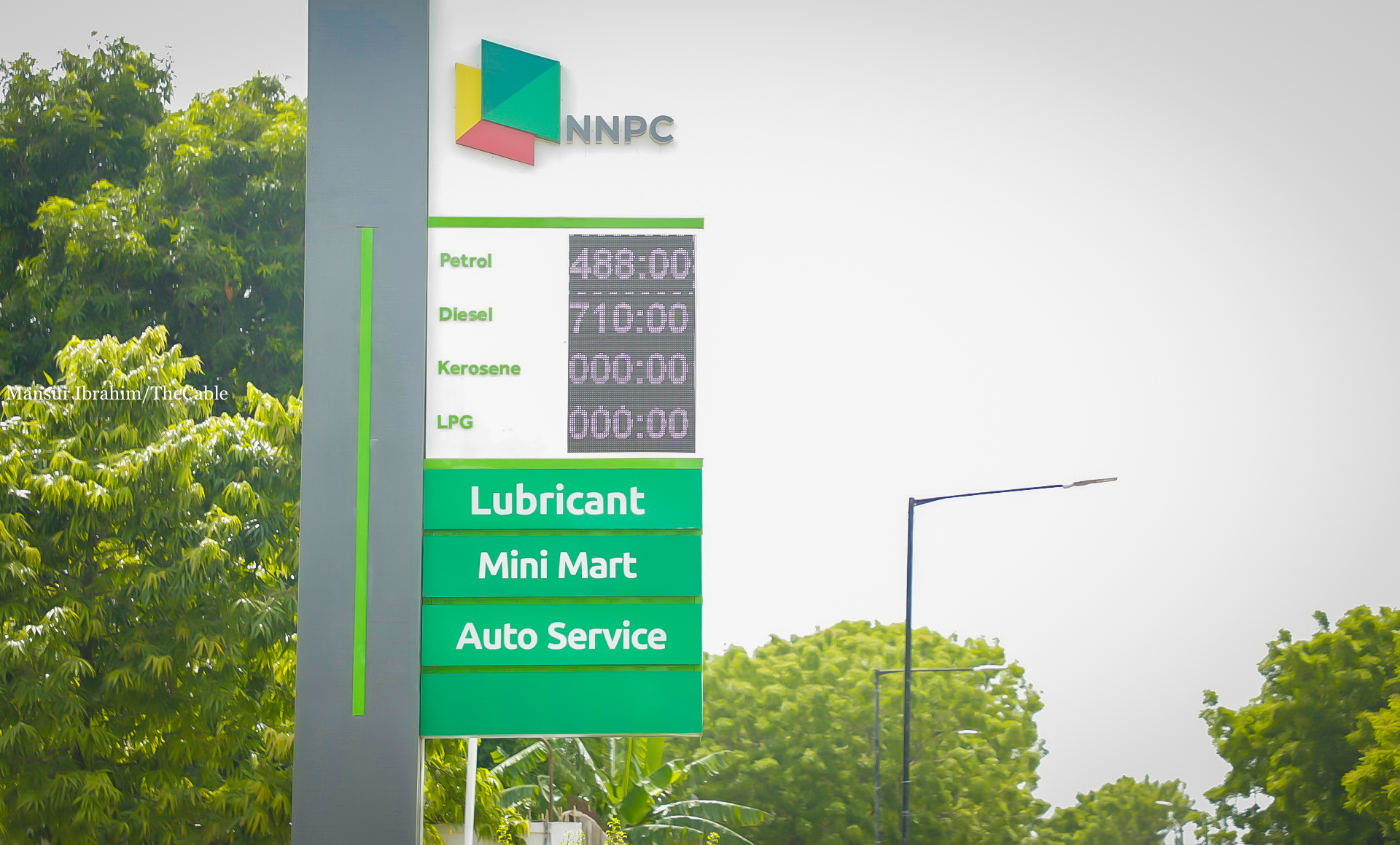BY WALE AJAYI
Education is the bedrock of development. Educated citizens are already equipped to develop. There’s an urgent need to review our philosophy of education, educational policy, and consequently the curriculum to reflect current realities and strategically position us for the future. Further to these, we need to spend more money to renovate old schools to meet modernity and develop new ones to cater to population increase and school overcrowding in some areas.
A minimum of 15% budgetary allocation will be good for a start. There should be minimum standards for schools in terms of buildings, class design, teaching, and learning facilities. Schools should be properly sited and equipped, and teachers properly recruited, sufficiently trained, qualified as a professional, regularly assessed, and retrained. Teachers and teachers’ supervisors should be commensurately and competitively paid.
There’s no justification for an engineer to earn significantly more than a teacher, there’s no reason why a chartered accountant will feel more of a professional than a qualified teacher. Or why shouldn’t a teacher be able to afford what a medical doctor can afford in a fair pay system. This is the case in all the countries our people are “japaing” to. A glance at a public primary school teacher’s car park in Norway or Scotland can only remind one of CBN or NLNG car packs in Abuja or Onne even though the latter are filled with imported fairly used cars on a cash and carry basis and the former, with brand new locally assembled or imported cars enabled by an efficient credit system. If we recognise and regard teachers in this manner and they know they are significant partners in nation building, why wouldn’t they do a good job of teaching and molding great leaders when they themselves are great by all standards.
Advertisement
We may need to take a second look at our tertiary educational system. The long-drawn dichotomy between HND and BSc is long overdue to be resolved. It appeared the world has moved on from the old-patterned polytechnic education leading to award of HND in essence and purpose as most of them have either been converted into universities or are now degree awarding institutions. If polytechnics have become old-fashioned in the UK and other countries we copy, then why do we still keep ours?
Many of these polytechnics should be immediately considered for conversion into technology-focused universities while others can either be a stand-alone specialised degree awarding institutes or be merged with existing universities. Current holders of HNDs who prefer to convert to BSc be admitted to a one-year conversion programme of a two semesters coursework that incorporate other university degree modules requirement and a project.
Universities and other degree awarding colleges and institutes need to be properly funded through trust funds and be granted autonomy. The increased tuition fees that will result should be cushioned with student loans guaranteed by FGN. Our universities should be research-focused with grants and improved infrastructure and facilities. Teaching and non-teaching staff should be properly recruited and paid as earlier explained for school teachers. However, universities and other degree awarding institutes’ staffs do not necessarily have to earn significantly more than school teachers if we consider each as part of the whole and we are all working towards the same objectives and been paid from the same purse. Though university lecturers can make more money through non-conflicting external consultancy and other innovative works like writing book, creating online courses, developing courses for industries, inventing, developing products, having patents, solving industrial problems, and so on. Same should apply to teachers as well. After all, some school teachers are already writers and publishers and their books are doing well.
Advertisement
The economy needs to be reflated. To reflate the economy is to return the wealth of the nation to the ordinary people and put purchasing power in the hands. Inclusive and full participation of the citizenry in the economy by having the capabilities to buy and sell. Only this way can we stimulate demands and supply that encourages market led economy. Political freedom, if not complimented with economic freedom, would still create instability and chaos. Our economic model is not entirely different from those of developed countries except that they produce most of what they consume and some, if not all, their consumption is backed by credit system. With this cycle, they are able to grow their economy and correspondingly grow their credibility. No wonder their debt-to-GDP is nearing and in the excess of 100%. Without an effective credit system that put purchasing power in the hands of every citizen, it will be very difficult to stimulate demand. Without demand, market can’t expand, production and productivity can’t improve significantly and economy can’t grow sustainably to translate to development.
A complete circle is achievable only through credit system. If everyone in the developed economies have to wait for their savings to meet the cost of cars, housing or home appliances before making purchase as we do, then most of the plants would have closed down and their economies shrank significantly. For instance, if majority of our people can afford to buy brand new cars, home appliances, mortgages according to their earning capacities and on the basis of delayed payment structure guaranteed by our sovereign wealth and pension fund, the immediate and strategic effect on our economic growth would be unprecedented.
The challenge for better life is not in the inability to afford it but lack of capacity to afford it. It appears that our economic model doesn’t envisage prosperity or decent living for all. There’s no deliberate effort for people to be prosperous otherwise it remains unexplainable why our people are so poor and can’t afford basics like decent housing, feeding, clothing, and medical services despite working so hard round the clock. Who is actually afraid of the prosperous citizenry? Housing in decent neighborhoods with well-layout housing units, paved roads with good drainage, walkways, streetlights, community-based gardens and recreational park, decent domestic water, sewage and waste services, 24/7 energy supply — electric and gas, beautiful homes with parking garages, and secured neighborhood with 24/7 CCTV. Quality education for the children and good medical services. This is the basic that most Nigerians want. They don’t want it for free, they want to be able to afford it and pay for it but with our current economic model, how many of us can legitimately afford it.
On the contrast, what most Nigerians including top professionals can’t afford here at home, suddenly became affordable with minimum wage immediately they jump the ship to the other side of the Atlantic. There, you work and you get paid and the minimum wage is a good reflection of the real cost of living. This minimum living wage is even sometimes subsidized for low-income homes. Why wouldn’t they believe and pray for their country?
Advertisement
It seems the missing parameter in our economic model is the effective credit system. However, a credit-based economic system is unrealistic with our current poor wage system. The next best time to review our current wages and salary to reflect realities of cost of living is now. The philosophy behind our current minimum standard of living upon which the current minimum wage is based needs to be reviewed and redefined to reflect the current realities of minimum decent standard of living, the cost of living in different states of the federation. An employee on the same level in Lagos, PH, Kano, Abuja, Onitsha, Kaduna, Ibadan where cost of living is high and quality of work-life balance is low due to hustling and bustling of the city, for instance, should not be earning the same salary as those in Akure, Gwuzau, Uyo, Minna, Yola, Yengoa, or Ilorin with opposite indicators. It will not be a fair income distribution. However, a national minimum wage that guarantees a decent living anywhere in the federation can be maintained. Lopsidedness and income disparity among MDAs employees in federal, state and local government should be removed to address inequalities as a first phase.
The second phase is to ensure public services renumeration compare favourably with those of private to be able to compete for the brightest brains the labour market can offer and serves as incentive to improve productivity, and motivate public officers against sabotage and collusion with private sector they are meant to regulate most times. Otherwise, for instance, what would be the incentive for government tax officer or quality officer to effectively discharge their duties and ensure the big corporations return proper tax to government or ensure products meet required standards when they are confronted with “mouth-watering” inducement.
Views expressed by contributors are strictly personal and not of TheCable.
Add a comment
